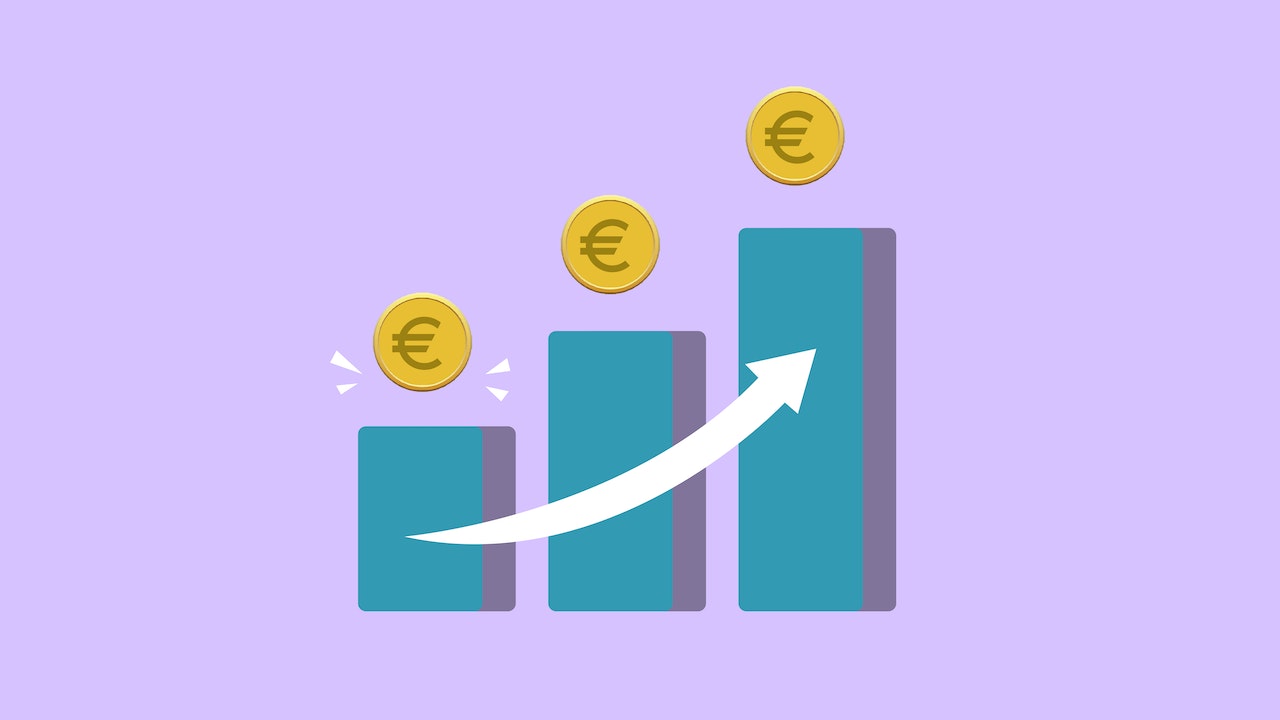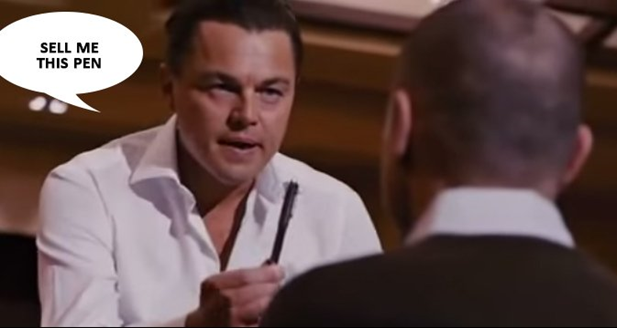The Importance of Sales Methodology

By Luba Reynolds, Managing Director at Sales Expand Ltd.
Let’s face it, many salespeople often follow their gut when pursuing the deal. They often have natural personal skills that could identify them as great sellers: an engaging extravert personality with an ability to speak to any stranger and convey a structured conversation, the ability to follow the money and spot favourite situation, resilience to hear the word “no” multiple times and finally, a “go and get it” mantra.
Some people are born with that, some learn sales craft skills. Yet, there is another side of the story that some call “Sales Science”. This is a practical, data-based approach to pinpoint the most favourable situation to increase the probability of closing the deal. So, what is the basis of Sales Science?
We all buy products and services and follow a specific routine. We know why we buy, what we need to buy and when we need to buy the products. Salespeople need to reflect this buying theorem when pursuing the deal and ask the following questions:
- Does the buyer have a need to buy the product? Does the buyer understand what specific need the product/service serves? Does the buyer understand the need of the product to resolve standard or specific existing issues?
This is especially important for new products on the market. We all buy the product when we feel we need it. Sales need to explore this feeling.
- How urgent is the need to buy the product/service? Does the buyer realise the urgency to buy and make their life easier with the product?
We buy when we feel we need the product/service now or in the nearest future. Sales should spot a “window shopping” situation and separate “interest” from “need” and help the customer explore the future with the product.
- Who is paying? Who holds the money pot? This person is important.
The decision on product/service review is often delegated, but Sales reps need to understand what interests the decision maker has when buying as well as the influencers that surround them.
- Does the decision maker have money left in their budget to buy? Does the product fit budget requirements? Did Sales demonstrate the advantages of buying the products including financial (e.g., ROI)?
Some additional factors should be taken into consideration such as specifics of procurement and budgeting customer process, the timing for budget availability, competitors’ propositions, etc.
All the above factors should be aligned with the product specifics and built into Sales Methodology as a framework to assess the status and deal health. Qualification needs to be clearly based on these factors, not just on feeling that the “buyer is ready to procure.” Then, it should be built into the systems (such as CRM), where the deal can be tracked and prioritised accordingly. Thus, Sales will know how to prioritise customer-facing time and where to put more effort and nurture the deal for the future.
Follow the process and you can sell anything, even the pen from The Wolf of Wall Street.
Continue following our blogs – next time, we will explore the different Sales Methodology frameworks



